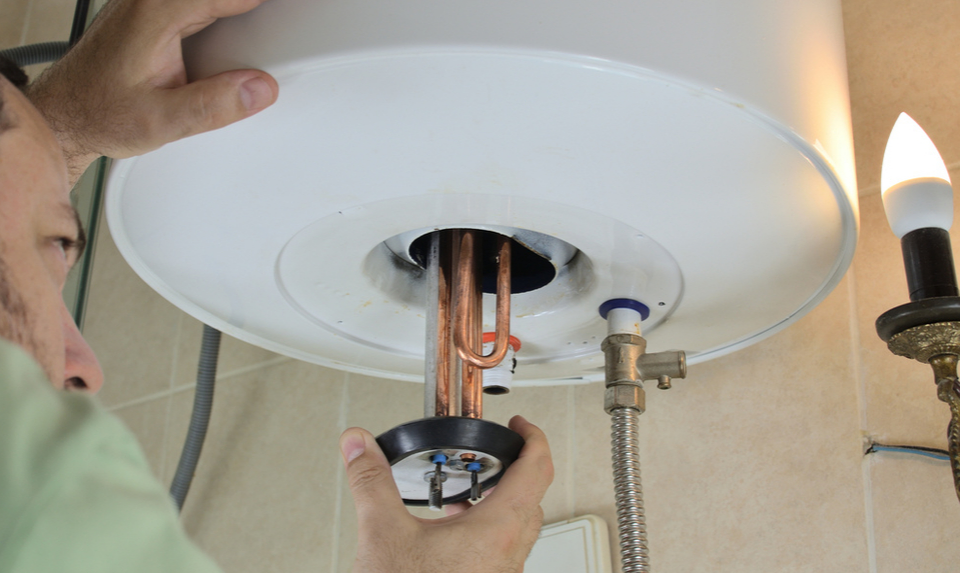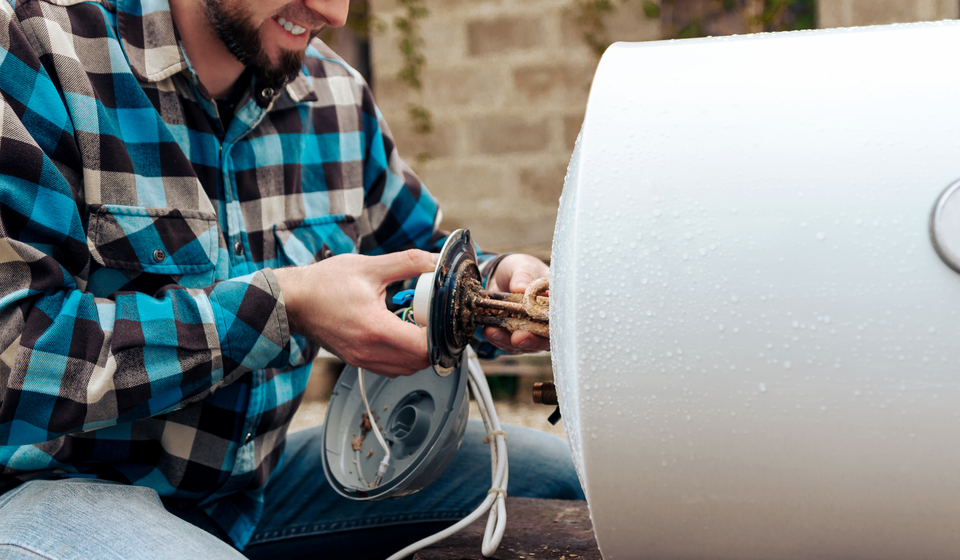When to Have a Water Heater Replacement
In the majority of households, the accessibility of warm, running water is vital to daily living. From showers, baths and everyday handwashing to cooking, laundry and dish–cleaning, the average person could end up using the water with varying warmth up to 20 times per day. When you increase that usage by each household member, the demands placed on the water heater is brought into point of view.

Sooner or later, you’re bound to see signs that your water heater – whether it’s electric or gas – needs to be replaced. Whether it’s due to usage strain or the age of the tank, water heaters — even the best of them — have a lifespan of around a decade. While you can help prolong the life of your water heater with annual maintenance, chances are you’ll need to have the pre-existing tank replaced with a new one if you reside in a given residence for more than eight years. for that reason, it’s significant to know as a homeowner about the signs that would assign when it’s time to replace your water heater.
How Do You Know that You Need A Water Heater Replacement?
Your Water Heater is Too Old
Nothing lasts forever, least of all a water heater. During the route of a typical home residence, a resident is bound to face that moment where they need to have a water heater replacement. The tough part, however, is most homeowners are unaware of when a water heater reaches its expiration date. Not knowing this, on the other hand, can lead to key risks when the heater starts acting up due to old age.
A water heater should be replaced in advance if it shows the following symptoms:
- Rusting, either on the tank or in the water
- Noises
- Leaks
- Failure to heat water
Not all water heaters have a life expectancy of up to ten years. The main exception is gas water heaters, which generally only last between six and eight years. Therefore, if you only occupy a given residence for an average homeowner span of seven or eight years, chances are you’ll be responsible for the replacement of the water heater if it’s gas-powered.
Rusty Water or Heater Inlet Valve
Even though steel is the strongest material on the face of the earth, it has a weak point: rust. When deterioration takes hold on a steel surface, it slowly spreads and eats through the steel in definite spots. On water pipes and tanks made of steel, rust serves as the forewarning for approaching leaks.
Trouble is, it’s often hard to tell whether the rust is coming from the water heater itself or the pipes that lead to your faucet. In any case, rust is an instantaneous problem that needs to be rectified for the cleanliness of your household.
One way to determine whether the rust is originating from your pipes or from the water tank is to drain numerous buckets worth of hot water from the tank. If the water still comes out rusty by the third bucket load, it’s certainly a problem with the tank and not the pipes. This, of course, would mean that it’s time to replace the water heater. After all, water leaks could soon become visible if the rust eats all the way through the steel.
Water Heater Noise
Another important sign of that you need a water heater replacement is noise from the tank. As the heater ages, rumbling noises will start emanating louder and louder as the tank heats up the water. In households that get through large amounts of hot water, the trouble is likely to be even more evident once the cause takes hold.
Water Heater Leaking
As your water heater nears the end of its life expectancy, there’s a bigger chance that you’ll see the water show on the floor around the tank. When you see water, it generally means one thing: leaks. Depending on where you have the water heater located in the house, a leak might end in significant home damage. per se, the most hazardous problem that could ever take place would be a severe leak with your water heater.
Water Heater Not Heating

Warm and hot water are among the most critical household needs. lacking warm water, you can’t wash your hands or take showers, nor can you clean dishes or run the washing machine. Most inhabitants take warm water for granted, and as a consequence set off the balance each time water from the sink or bath fails to reach sufficient warmth.
The loss of heat in your water is possibly because of three probable issues with your water heater:
- A misadjusted thermostat
- An out of order heating element
- A tank that’s too undersized for your house
The first two trouble is easy to repair and do not automatically specify any need for heater substitute. Only the third problem is a likely sign that, yes, you really need a new heater.
